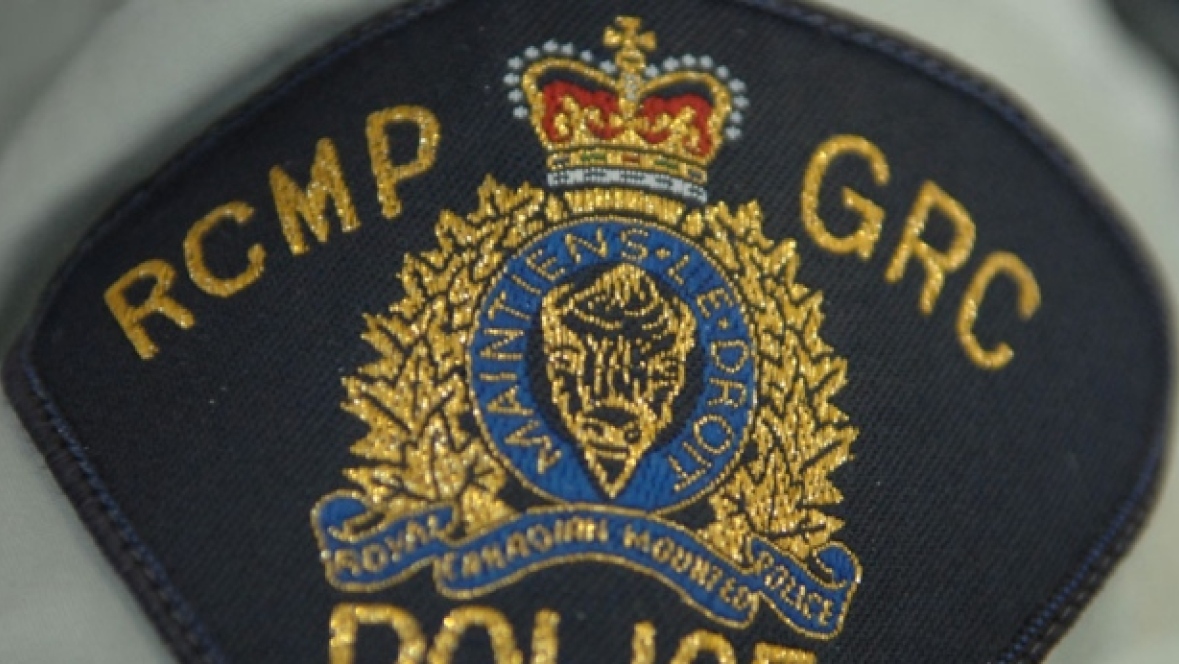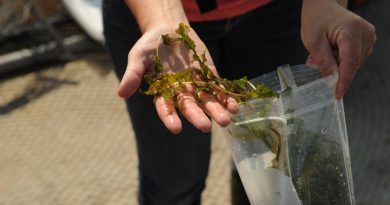Mounties discuss committee findings on 7 sexual assault cases in Canada’s Northwest Territories

Reporting a sexual assault takes guts and few Northwest Territories victims ever come forward, making it all the more important that sexual assault investigations are thorough and free of systemic bias.
RCMP held a news conference Thursday to discuss the findings of a third-party review of seven sexual assault investigations.
It’s the first of many reviews by a committee of advocates, justice officials and police to restore public confidence in police, and to keep them accountable for improving sexual assault investigations.
This review of N.W.T. RCMP sexual assault investigations found that while officers generally showed victims respect, some misunderstood consent law, rape myths or included irrelevant personal opinions in their investigations.
The committee said some officers need more training.
Currently, all N.W.T. RCMP undergo mandatory training about consent law and common rape myths, said Jesse Aubin, who is the force’s family violence coordinator.
This training teaches officers about how trauma affects the physical state of a victim, and influences what they convey to police about the sexual violence perpetrated against them.
Asked whether that training is effective, Aubin said if the force was perfect, there would not be a need for third party reviews.
“We wouldn’t be hosting these committees, we wouldn’t be doing these reviews and asking advocates to come help us if we were always perfect,” he said.
“We’ve been able to improve our training,” said Aubin, who hopes those improvements will be visible to committee members down the road.
N.W.T. RCMP are working on a sexual assault investigator course that is specific to the North, he said.
Rooting out member bias, rape myths
CBC inquired about how RCMP screens out officers who display bias around sexual violence, or have perpetrated sexual violence themselves, such as Const. Randy McKay who was ejected from Fort Good Hope in 2020.
McKay was removed from the Sahtu after community members learned he plead guilty to sexual assault five years prior at a social gathering on Buffalo River Dene Nation in Northern Saskatchewan.
The questions relating to screening bias at the recruitment stage could not be immediately answered during the news conference.
If the reviews themselves turn up concerning conduct, it won’t necessarily result in punitive action against the officer, said Aubin.
“If I saw something that was negligent — grossly negligent —then the RCMP has ways to deal with that outside of the actual committee,” said Aubin.
“We’re constantly reviewing our policies”
During the reviews themselves, concerns and areas for improvement are sent to supervisors, who Aubin said are receptive to this feedback.
“It’s meant for us to improve and so, if there are individual things that come up in a case, I take that feedback and the recommendations from the committee and I directly contact the supervisor of that detachment to relay the information and those supervisors and speak with members.”
In the fall, RCMP held a learning and development conference with supervisors from across the N.W.T. where Aubin presented the committee’s recommendations and feedback.
“We’re constantly reviewing our policies and trying to improve on them … when we notice gaps,” he said, adding that the participation of advocates is highly valued.
“They are the ones who are serving the survivors of sexual assault in the communities and we want to learn and gain their knowledge,” said Aubin.
Case reviews ‘intense’
Reviewing sexual assault cases is “intense” work, says Louise Elder, executive director of the Status of Women Council of the NWT.
Pacing the reviews to acknowledge the emotional intensity of the work is crucial to the quality of the committee’s work, said Elder.
Aubin said two more reviews are scheduled this year — one in April and another this fall — and the committee will add an advocate for representation from a smaller N.W.T. community.
Related stories from around the North:
Canada: Nearly half of woman in northern Canada experience unwanted sexual behaviour: Statistics Canada, Eye on the Arctic
Finland: Swedish-speaking Finnish women launch their own #metoo campaign, Yle News
United States: Alaska reckons with missing data on murdered Indigenous women, Alaska Public Medi



